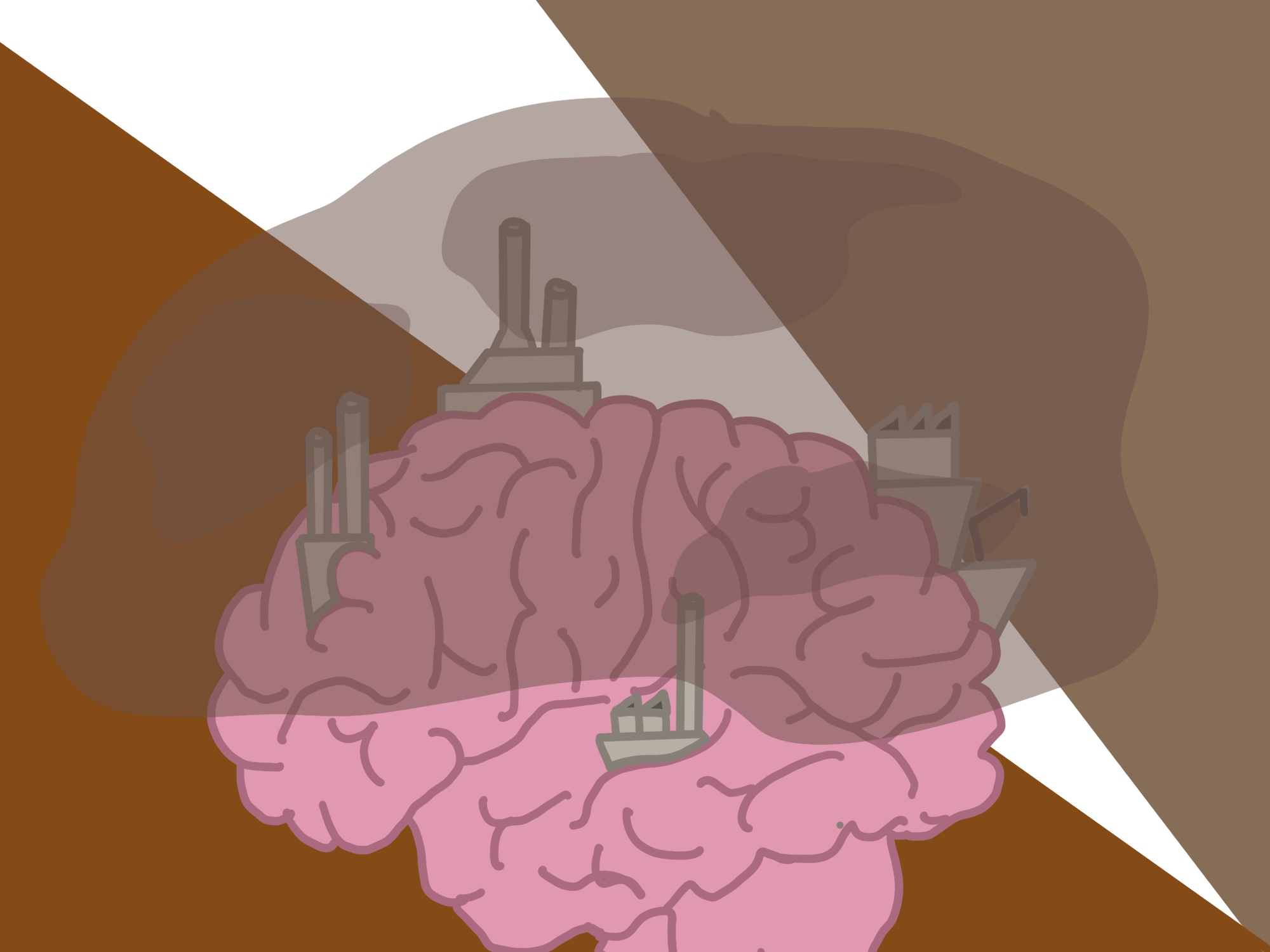Many of us can relate to the stressful rhythm of life’s endless challenges and conflicts. At times, it can be exceedingly difficult to rip free from the icy grip of stress — a force that can easily consume our minds and dictate our behaviors. But fret not because products like CBD Oil can counter all that negativity.
It is not uncommon for someone to feel like stressful things take control over their time and energy. Without recognizing it, the drawbacks we are constantly faced with can easily become the main events, the backdrop of our minds and the foundation of our feelings.

The saddest part is that this stress-focused mind space can start to feel normal. We familiarize stress and begin to expect it, consequently functioning in a constant state of anticipation regardless of what is really unfolding around us. Separate from the actual events that cause us stress, we may experience a lingering state of worry — a symptom of living in a constant state of pressure and uneasiness.
Chronic worrying can cause a series of physical health problems from fatigue, nausea and lack of concentration, to more serious consequences such as heart attacks, according to WebMD.
Worry is a natural tendency we all fall victim to. As humans, we continuously build on our knowledge of what to worry about, to what extent we should worry and when we should feel worried based on a collection of our past experiences and memories. This simply means everyone worries about different things and to different extents.
We are always growing our “worry muscle” as we age, developing an understanding of our deeper worries while possibly shedding other worries that no longer apply. According to writer James Clear, our ability to worry is a survival mechanism built into our evolutionary wiring. We depended on stress and anxiety that proved essential to our lifestyles thousands of years ago when humans lived in an environment in which some of our decisions led to immediate outcomes.
In earlier periods of human history, Clear writes, worrying served a slightly alternate purpose than it does now. When humans had to actively fight for food, safety and shelter, nearly every choice we made impacted our lives immediately. Many of our decisions today will not affect us right away, and our worries mostly relate to things in the nebulous future.
For example, many students today face anxiety about upcoming exams. However, much of this worry hinges on the grade the student will receive one week in the future, rather than any tangible danger present when studying for the test.
Although worrying may feel productive because it puts energy toward the stressful circumstance at hand, worrying is an unhelpful and draining emotion. When we spend time worrying about something stressful, we are using up emotional stock to essentially remain stuck in an exhausting stress loop.
If worries linger for an extended period, something as trivial as a small concern in the back of our mind can have consequences for heart health.
We wear ourselves thin by expending energy into worrying because it ultimately does not affect the outcome of the stressful situation. To worry about something is not the same as taking action to resolve our worry. Worrying itself is simply a mechanism we use to feel in control when we perceive ourselves as powerless.
The act of worrying could be better characterized as a maladaptive tool to cope with life’s unpredictable nature. When we allow our minds to focus on worries, we gain a small sense of autonomy, self-determination and freedom from being bound to the reality of spontaneity. Stress may be a feeling we can control, whereas the situations we may find ourselves in are not.

In reality, we cannot control situations through our thoughts. All the worry in the world will never alter an outcome, but it might help us fall deeper into the tangle of life’s problems.
When we think about it, how many of the thoughts in our head revolve around worries — anxious anticipation of future stress? The climate in our heads is a fragile one, and it is easily receptive and sensitive, which means we should bring more care toward how we think and the quality of our thoughts.
If we approach our worries with intention, we can dismantle the habitual thought process that keeps us dwelling on what could go wrong in our lives. Although it is a tough feat, we should try to carry out purposeful actions without attaching so much meaning to the weight of our problems and stress. We do not realize how much time and emotional energy worrying takes up, and it seriously contaminates the condition of our minds and wellbeing.














